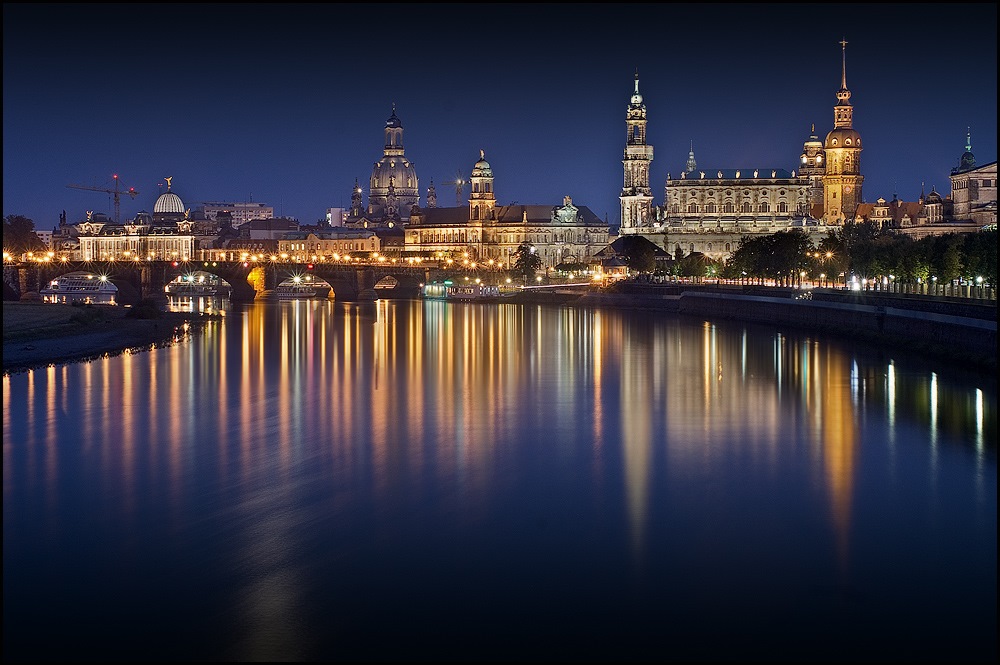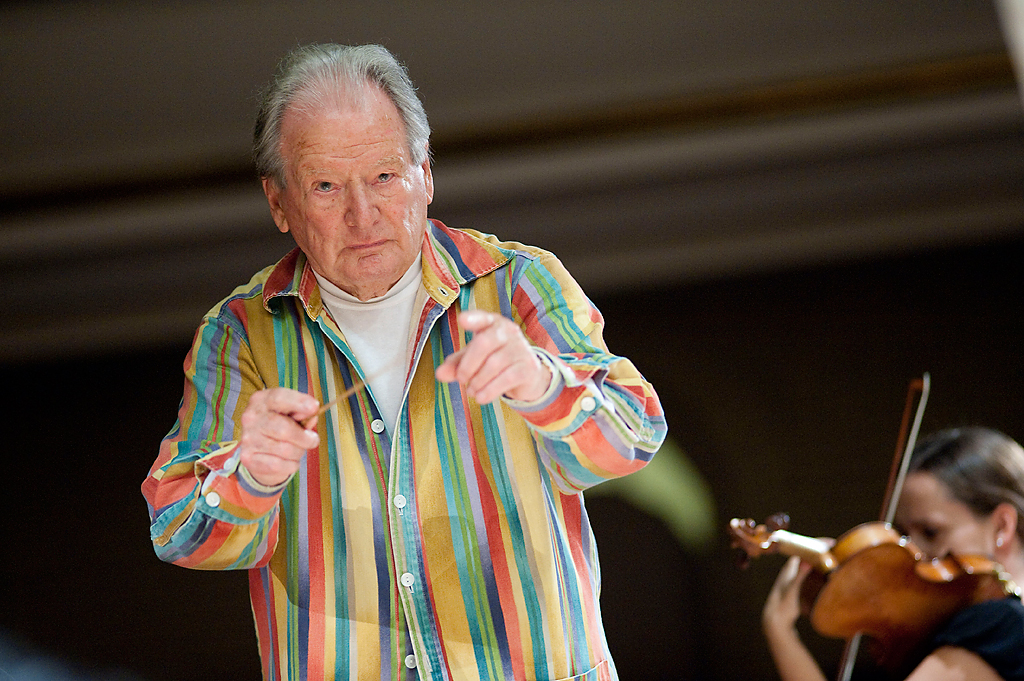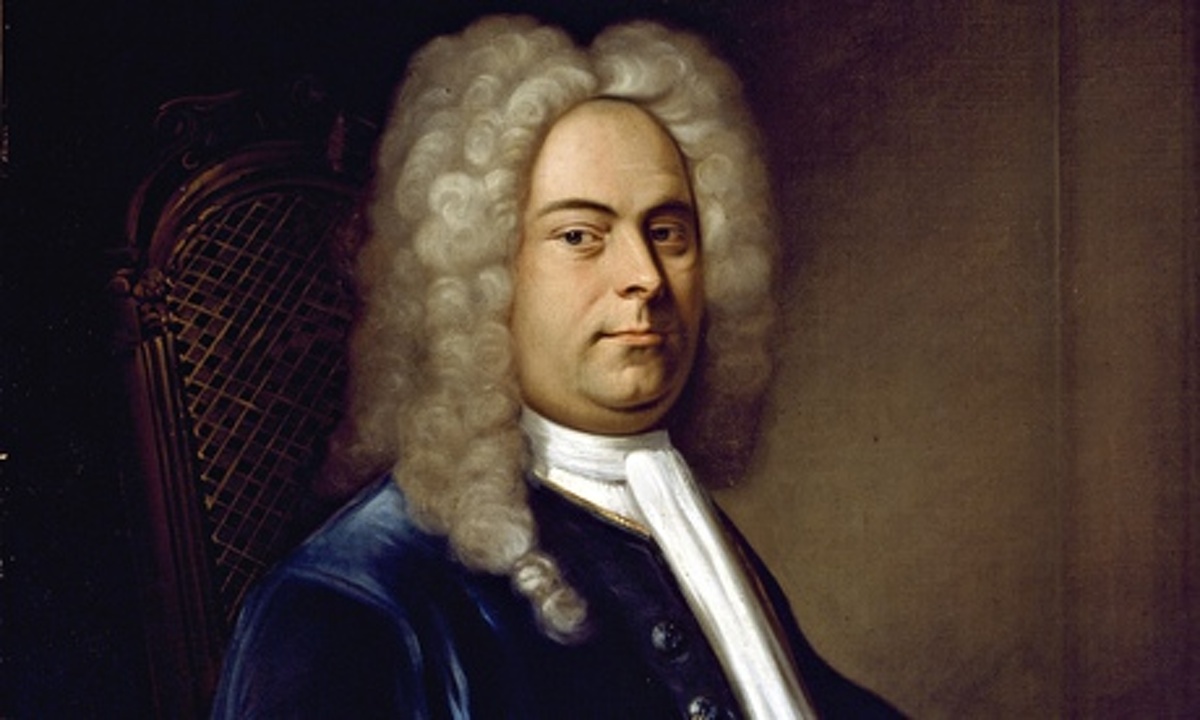Henryk Szeryng: Eight Great Recordings
Tomorrow marks the 100th anniversary of the birth of Henryk Szeryng (1918-1988), one of the twentieth century’s greatest violinists. “When hearing Szeryng in live performances, one is always struck by the nobility and aristocracy of his concept,” wrote Boris Schwarz in his book, Great Masters of the Violin. In the recordings below, we hear effortlessly shaped phrases and a sense of singing through every note. Born in Poland, Szeryng studied with Carl Flesch in Berlin and was later …







